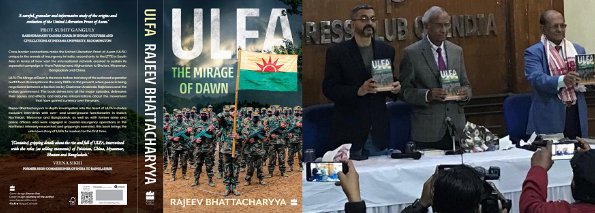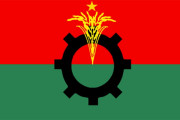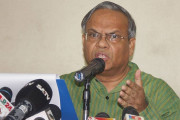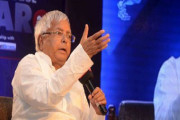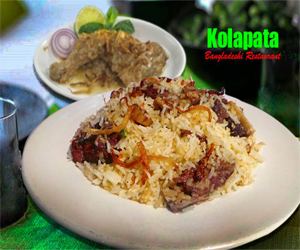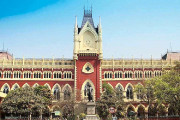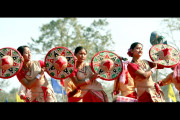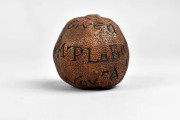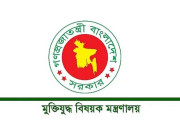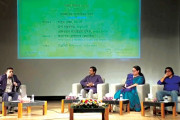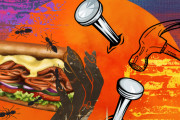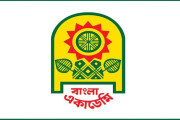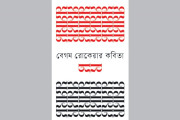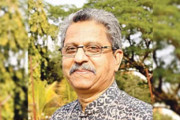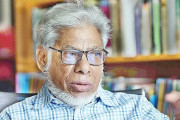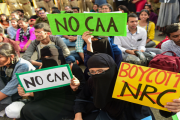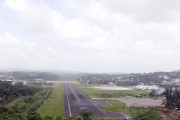– Reveals journalist Rajeev Bhattacharyya’s book
– The book reveals that between 1996 and 2004, ULFA rebels, along with members of other Northeast insurgent groups such as the NDFB, PLA, and ATTF were trained in Pakistan
Mahesh Deka, Guwahati: ULFA (Independent) chief Paresh Baruah survived four assassination attempts while he was in Bangladesh.
Renowned journalist Rajeev Bhattacharyya made this startling revelation in his latest book, “ULFA: The Mirage of Dawn.”
In the book, which was released in New Delhi on Saturday, journalist Bhattacharyya uncovers a web of connections between the ULFA, Pakistan, and Bhutan besides the series of assassination attempts on elusive ULFA (I) boss Paresh Baruah.
According to the book, the first attempt was made at ULFA’s camp in Bangladesh’s Satcherri when an assassin was sent by Special Branch of Assam police to kill Baruah. However, he escaped from the camp before he could pull the trigger.
The second attempt was made by a senior officer of Assam police who got in touch with a criminal syndicate in Bangladesh to gun down Baruah which failed. The same officer had also convinced an ULFA functionary turned mole named Munna Mishra to cross the border into Bangladesh and target Baruah.
This attempt proved futile as well after Mishra was apprehended by the police in the neighbouring country after crossing the border. But he managed to return to India after a senior official from the Indian High Commission in Dhaka intervened to secure his release from police custody.
The fourth attempt was in Dhaka when a boulder was hurled by an unknown person at Baruah at a crowded place in the car he was travelling. Baruah escaped unhurt although the windscreen of the vehicle was damaged.
Bhattacharyya’s narrative also delves into the imprisonment of ULFA’s Paresh Baruah in Bangladesh, shedding light on the intricate dynamics between insurgent groups and law enforcement agencies. The book reveals four assassination attempts on Baruah’s life, highlighting the persistent efforts to neutralize him.
Journalists Bhattacharyya’s account unveils a deal between ULFA and CPI (Maoist) for the transfer of weapons, with two consignments successfully delivered, raising concerns about the nexus between insurgent groups operating in different parts of the country.
The book reveals that between 1996 and 2004, ULFA rebels, along with members of other Northeast insurgent groups such as the NDFB, PLA, and ATTF were trained at different locations in Pakistan with a focus on assembling bombs through sophisticated technology including PTD.
It is estimated that around a hundred rebels had received the training during this period. One ULFA batch was also taken to Tora Bora in Afghanistan for training. The modules offered to the rebel groups were of different durations ranging from seventeen days to three months.
The book sheds light on the diplomatic efforts made by Bhutan’s King Jigme Sinye Wangchuk to persuade ULFA and NDFB insurgents to vacate their camps in Bhutan. Despite offering financial assistance, the efforts were largely unsuccessful, leading to the eventual launch of Operation All Clear in 2003, which dismantled rebel camps in the country.




